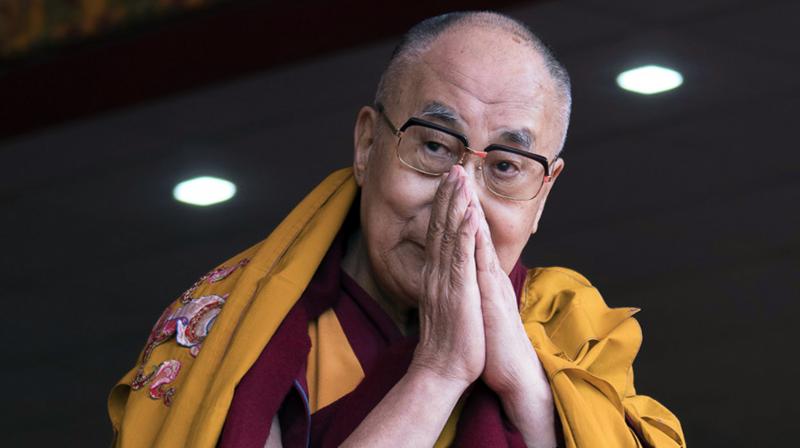Beijing's rant about Tawang is futile

China has gone ballistic about the visit of the Dalai Lama to Tawang in Arunachal Pradesh. This is not the first time the spiritual leader has visited Tawang, as Beijing itself noted. But it says that the reason for its strong response this time around is that the famous monk was received in Arunachal Pradesh by a State representative, Union minister of state for home Kiran Rijiju. Beijing has construed this as India’s devious way of deploying the monk for diplomatic and political purposes. This is complete nonsense, of course. But a larger point needs to be made here. The Nobel peace prize-winning head of Tibetan Buddhism, who sought refuge in India in 1959 after his country was invaded by the Chinese communists in 1950, is not inhibited from travelling anywhere in India, and New Delhi regards Tawang as an integral part of the country, notwithstanding the fanciful Chinese claim to the area merely because the sixth Dalai Lama was said to have been born there in the 17th century.
Tawang, incidentally, was part of British India and this status was undisputed. Besides, how can godless communists claim a region even if a long-ago Buddhist spiritual leader was born there? This defies logic. As for Tibet itself, the British enjoyed influence over it and maintained a garrison in Lhasa. It was not a part of China. The North East Frontier Agency or NEFA (the former name for Arunachal Pradesh) lay to the south of Tibet but was not South Tibet, as the Chinese have spuriously claimed by not recognising the McMahon Line which demarcated British India from Tibet. Beijing’s Tawang claim is clearly nothing more than an attempt at land grab, and a means of possessing a bargaining chip in demarcating the undefined boundary represented by the McMahon Line after swallowing up Indian territory in Aksai Chin. Tawang, in any case, is well to the south of the McMahon Line. By letting the Dalai Lama proceed to Arunachal Pradesh (the holy man will be there for the next four days), India has damaged China’s “core interests”, asserts Beijing. By doing so, New Delhi has also “damaged” India-China relations with its eyes open, and thus exposed itself to retribution by Beijing, China has stated.

